Are you an expat planning to visit or reside in the UK? It’s essential to understand how to access healthcare during your stay. The NHS provides free services to residents, but the rules and entitlements may vary depending on your circumstances. In this article, we’ll explore how you can access healthcare in the UK as an expat for a variety of circumstances, including A&E, operations, and even giving birth.
Free for everyone
These services or treatments carried out in an NHS hospital are free for everyone, including expats:
- A&E (except for emergency treatment if you’re admitted to hospital)
- Family planning services (except for infertility treatment)
- Treatments for infectious diseases (but the UK is quite safe, we assure you!)
However, to access other NHS services, there are certain rules you must follow depending on where you’re coming from.
How do I access NHS healthcare as an expat?
- This depends on a few things. First, you need to be “ordinarily resident” in the UK, which means you must be living in the UK on a settled basis. If you’re not, you may be charged for NHS services.
- If you’re visiting for six months or less, ensure you take out health insurance to cover healthcare costs during your stay.
If you’re from the EU, EEA, or Switzerland
- If you plan to stay in England for more than six months, you may need to pay the immigration health surcharge as part of your visa application. The amount depends on various factors and is paid upfront for the duration of your visa. If you’re from the EU or Switzerland, you may be entitled to a reimbursement of this surcharge.
- If you’re moving to the UK from the EU, EEA, or Switzerland, you must complete the following to access NHS treatment:
- Check if you need a visa or permit. If somebody is joining you, check if they need one too.
- Pay the surcharge if needed.
- Apply for a healthcare entitlement certificate (also known as an S1 certificate) if you are eligible and do not have one.
- Register your S1 certificate.
- If you’ve followed the above, and your visa allows a stay of more than six months, you’ll be entitled to free NHS hospital treatment in England, except for NHS-funded assisted conception services. Some charges, such as prescriptions or dental treatment, may still apply.
If you’re from the US
- You can access NHS healthcare once you’ve paid the healthcare surcharge (or are exempt from doing so) and your visa or immigration application is granted. If you do need to pay, the amount depends on the length of your visa.
- You’ll be entitled to most NHS-funded treatments. However, you’ll still be liable to pay for some services – including eye tests, dental treatment, and prescriptions.
Having a baby in the UK: What are your options?
- The good news is that if you’re due to give birth as an expat in the UK, you’re likely to be entitled to the same NHS maternity services as other residents.
- If you’ve given birth in a hospital, make sure to enquire about post-natal care in the UK if you’re uncertain about anything.
- Some women don’t use NHS maternity treatment and go private, but this can be costly. You’ll need private medical insurance if you choose this route.
Once your baby is born
- If you give birth in the UK after living here for six months or more, your child will be entitled to free NHS hospital treatment in England. They will be eligible for this until they’re 3 months old.
- To access NHS services for your child, you must apply for a visa for them within 3 months of birth. If you don’t, you may be charged.
- You’ll have 42 days to register your child’s birth in the UK (21 days if in Scotland). This is usually done at a local register office.
By understanding the guidelines and entitlements related to accessing healthcare in the UK, expats can navigate the system with confidence. Remember to check specific rules and charges based on your circumstances and enjoy a safe and healthy stay in the UK!
Megan Tarr has been engaged to blog on expatriate tax for our company GETS Ltd from time to time. We are extremely pleased and lucky to have her informed input.





